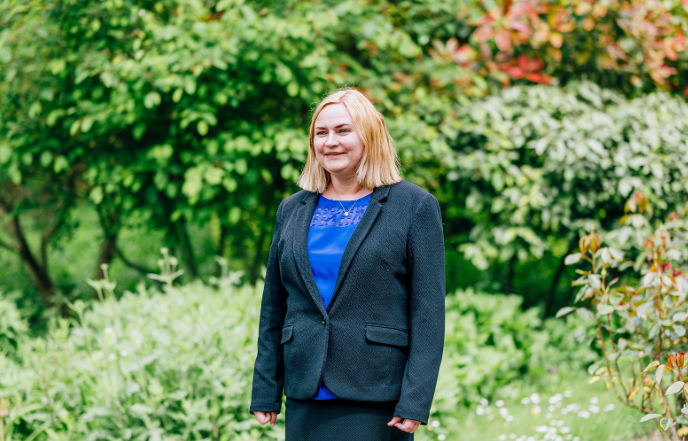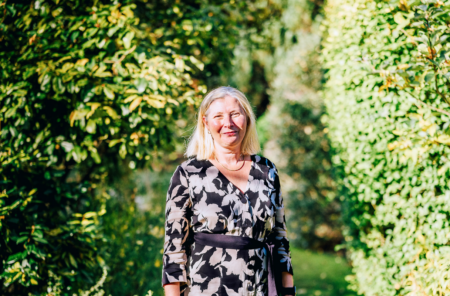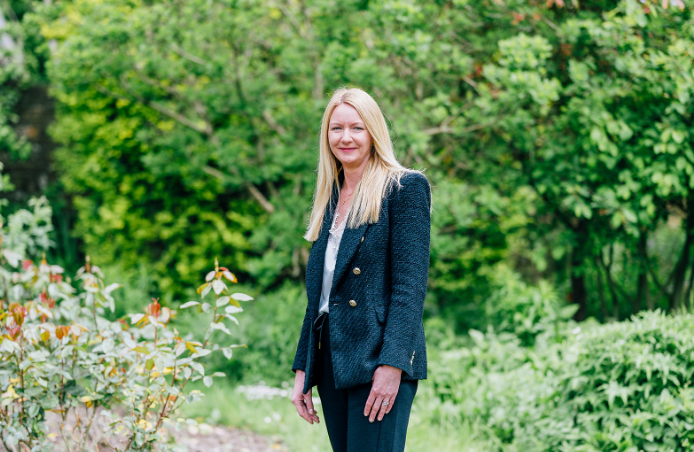What is a trust?
A trust is an arrangement whereby assets are placed in trust for the benefit of trust beneficiaries pursuant to a legally binding agreement governed by a trust deed or trust instrument. In most cases the basic reason for setting up a private trust is to provide for loved ones who because of their age, mental incapacity or other circumstances, may not be able to properly look after assets themselves.
In order to set up a trust, a person (called the Grantor or Settlor) transfers money or property to the nominated trustees who are then responsible for supervising, holding, managing or distributing the asset.
The Trustees then handle the money or property as directed by the Grantor for the benefit of certain people (called Beneficiaries). A trust is a separate legal instrument that can be created during a person’s lifetime or through a testamentary document such as a Will.
What are the different types of trust?
Although trusts are typically thought of as belonging to the affluent, they are actually quite flexible and can be utilised to accomplish a variety of goals.
Trusts can also be created for tax-planning reasons and asset protection. The most usual types of trusts which can be created are:
Bare Trust
This type of trust is not, strictly speaking, a trust at all. An asset is held in the names of trustees, but the trustees only nominally own the assets within the trust. The real owners are the beneficiaries. Such trusts arise commonly when children are entitled to assets but they are not old enough to have legal authority to deal with those assets.
Discretionary Trusts
The trustees of a discretionary trust own the trust assets having absolute discretion to administer and distribute the assets, and these powers apply to both capital and income of the trust.
The beneficiaries only have a mere ‘hope’ of receiving a benefit from the discretionary trust. The trustees are often guided by a separate non-binding letter of wishes created by the ‘Settlor’ of the Trust as to how they would like the trustees to exercise their discretion.
The Settlor can also be a trustee but for tax purposes should never benefit from the trust assets themselves in any way. The real advantage of this type of trust is in its flexibility allowing the trustees to take into account the changing needs of the beneficiaries and the tax legislation throughout the trust period.
Mixed Trusts
A combination of different trust kinds is called a mixed trust. A discretionary trust may be used to handle some of the assets in the mixed trust, while other assets may be put away as an interest in possession trust. Sibling beneficiaries who reach the age of majority at different periods may benefit from these trusts.
Interest in Possession
This is a trust whereby a person (called the ‘life tenant’) is entitled to income or occupation of a property but not to the capital. Such a trust may be established in the circumstances of second marriages where the settlor wishes to provide for a new partner while at the same time protecting capital for their own children to inherit in due course.
Why do I need a trust?
With the help of trusts, someone can prescribe, or leave behind, assets while maintaining some degree of control over how those assets are utilised and managed for the benefit of the beneficiaries.
Utilising trusts proves invaluable in handling estate affairs, strategising for inheritance tax arrangements, and securing assets for successive generations.
The realm of trust law is intricate, offering an array of trust variants, necessitating meticulous selection of the suitable trust type and trustees.
Furthermore, the sustained management of trusts poses significant challenges and consumes substantial amounts of time, which emphasises the significance of involving experienced solicitors in the creation and maintenance of trusts.
What is a Declaration of Trust?
A Declaration of Trust is a legally binding document which sets out how property is owned when more than one person has a financial stake in it. It records each party’s beneficial interest (meaning their true share of the property) even if the property is legally only held in one person’s name.
This is especially useful when:
- One party contributes more to the purchase price or mortgage.
- Parents lend or gift money towards a child’s first home.
- Friends or unmarried couples buy a home together in unequal shares.
Unlike a transfer of ownership, it does not change the legally registered owner of the property; rather, it dictates how the proceeds from sale or rental income and liabilities should be divided.
The key benefit of having a Declaration of Trust is that it helps to avoid disputes between co-owners if their relationship ends or changes later.
What’s the difference between a Declaration of Trust and a Deed of Gift?
While both are legal documents used to record financial arrangements, they serve very different purposes.
Deed of Gift
- Used when someone transfers money or assets to another person (often parents or grandparents to children), without expecting repayment.
- These are often used in inheritance planning or gifting between family members.
- The ownership of the asset is transferred immediately.
- It may have inheritance tax implications, especially if the donor dies within seven years of the gift. See how we can help you with the probate process if you are in this situation.
Declaration of Trust
- Used when people want to record unequal financial contributions to a shared property.
- Does not transfer ownership, but records the beneficial interest of each party.
- Clarifies who is entitled to what in the event of a separation, property sale or dispute.
- This is important in property purchases involving contributions from third parties like parents and grandparents.
In summary, a Deed of Gift is about giving away assets, and a Deed of Trust is about protecting a stake in a shared property.
Can a Deed of Trust be changed?
A Deed of Trust can be changed, but only under specific circumstances. It is a legal document, and therefore, it can generally only be overturned with the consent of all parties involved. However, there are some exceptions to this, including if there is evidence of:
- Duress: One of the parties was pressured or coerced into signing.
- Fraud: The document was based on false information or intent.
- Mistake: One or both parties misunderstood the terms when signing.
- Lack of capacity: One or more parties did not have the ability to make a sound decision and enter into the agreement willingly.
To reduce the risk of a Deed of Trust being overturned in the future, it should be:
- Properly drafted by a qualified solicitor.
- Clearly worded, outlining each party’s contribution and entitlement.
- Signed and witnessed, ideally with each party having taken independent legal advice.
Why might you need a Declaration of Trust?
Even if you have a strong personal relationship with your co-owner, verbal agreements can lead to conflict, especially when large sums of money are involved.
A Declaration of Trust can provide long-term clarity, transparency, and peace of mind when entering into joint property ownership or handing over a large sum of money to help someone else onto the ladder. It can also help with inheritance and tax planning by ensuring that a stake in property is protected for your intended beneficiaries.
How can Merriman Solicitors help?
At Merriman Solicitors, our Wills and Powers of Attorney solicitors are highly experienced in drafting Declarations of Trust for a wide range of requirements. Whether you are buying your first property with someone or you are a parent helping your child onto the property ladder, when making a large commitment of money, it is important to clearly define your contribution legally and protect your investment. With the help of one of our solicitors, you can obtain a watertight legal document which protects everyone involved.
Get in contact with your nearest office today to speak to the team about your needs, and we will see how we can help.









